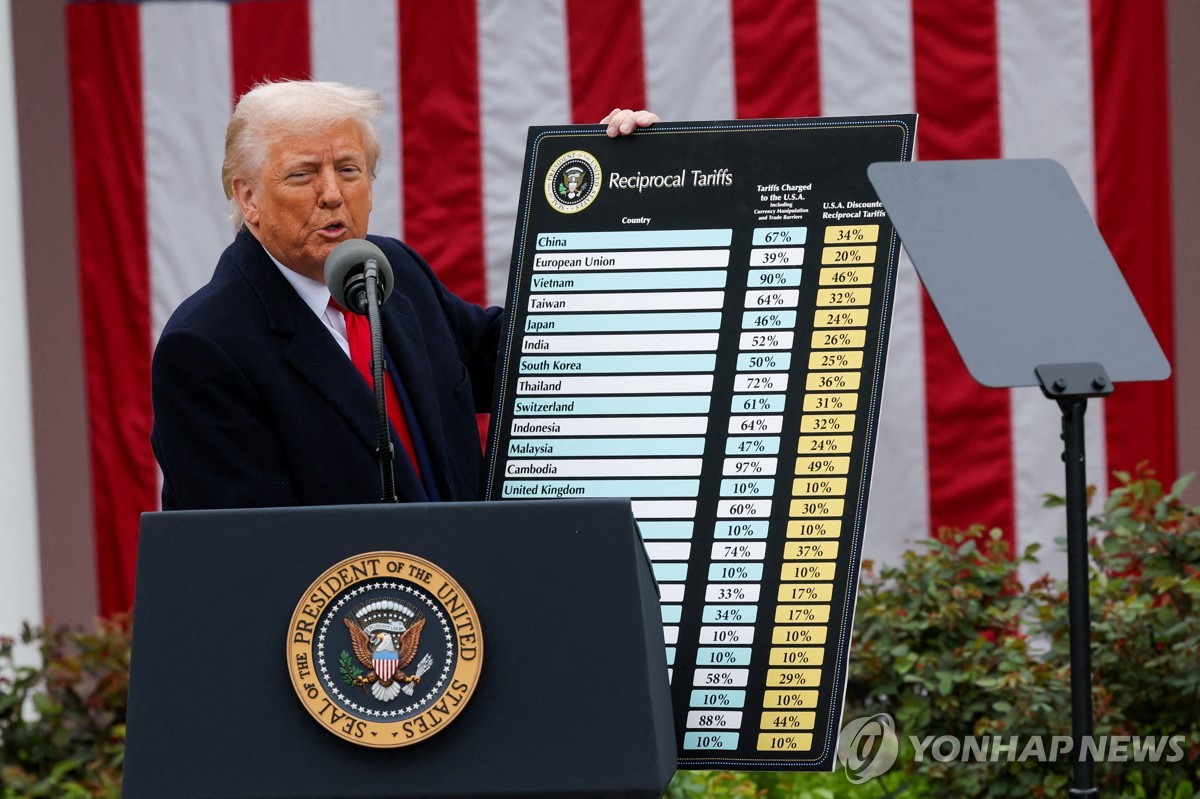California's governor, Gavin Newsom, has given the green light to a new law intensifying oversight on cryptocurrency operations. This move, set for a July 2025 implementation, obligates both individual and corporate entities to secure a license from the Department of Financial Protection and Innovation (DFPI) if they wish to engage in any digital asset related business.
This freshly minted law, named the Digital Financial Assets Law, takes inspiration from the state's existing money transmission laws. These laws state a clear ban on banking and money transfer services that function without an official DFPI license.
Now, with the introduction of the Digital Financial Assets Law, the DFPI holds the power to not only set tight auditing standards for cryptocurrency firms but also mandate them to maintain rigorous record-keeping practices. According to the newly passed law, licensed entities must retain records, such as a detailed monthly general ledger, for half a decade following any digital transaction. This ledger should cover all facets of business operations, from assets and liabilities to income and expenses.
The law further establishes that any firm failing to adhere to these rules may face strict punitive actions.
Interestingly, just last year, Newsom had opted not to approve a similar cryptocurrency legislation. Despite its unanimous passage in the California State Assembly, the governor felt the previous bill wasn't nimble enough to adapt to the rapid pace of cryptocurrency innovations.
Newsom's previous reluctance was also partly attributed to his anticipation of forthcoming federal regulations. He believed that once those federal guidelines were in place, it would be more prudent to then decide on state-specific crypto licensing mechanisms.
On a related note, there's growing chatter at the national level about possibly extending the Electronic Fund Transfer Act to encompass cryptocurrencies.
This is in an effort to curtail deceitful transfers. In this context, Rohit Chopra, the head of the Consumer Financial Protection Bureau, has publicly announced his support for such an extension, emphasizing its potential in minimizing the risks associated with digital currency transactions.














 11
11



































